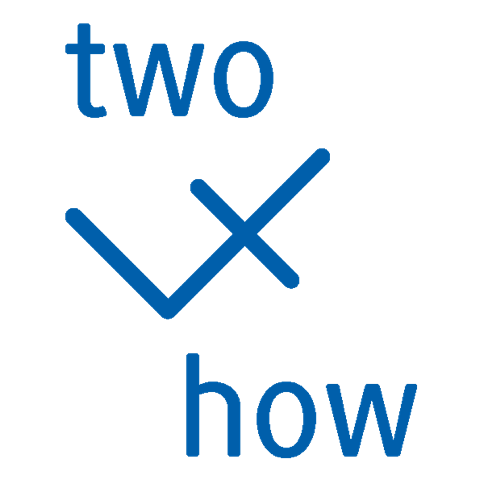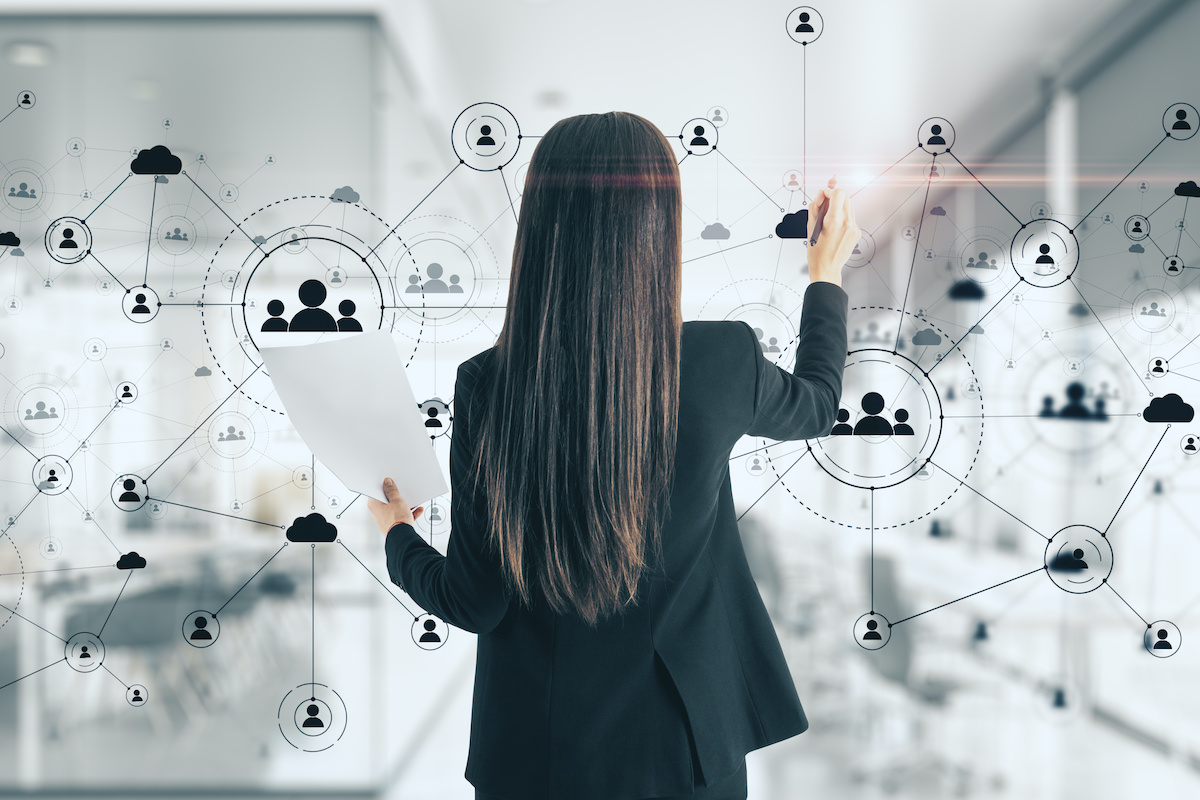AI systems have shown such a steep learning curve in recent years that they can now not only take on simple and monotonous tasks in companies, but are also increasingly being used for intelligent and more demanding tasks. Despite its human complexity, the area of human resources is also increasingly in the focus of artificial intelligence.
General information about AI in the area of HR / Human Resources
Artificial intelligence is inexorably moving into an increasing number of business areas. Wherever computers and machines can perform predictable, repetitive and therefore easy-to-learn tasks, they are quickly superior to people. But that’s not all. Based on deep learning, the capabilities of AI-controlled systems now go far beyond repeating monotonous processes. Deep learning systems have made massive advances in recent years and are close on the heels of the human brain on many topics in terms of learning and forecasting ability, or in some cases already superior.
Due to its strong relationship to people, the Human Resources division has so far considered itself to be deceptive security. Many HR employees were and are still of the opinion that their work area is largely safe from automation due to the complexity of human behavior. Not even close! The possibilities of artificial intelligence already have a far-reaching impact on the HR area.
Accurate selection of applicants
The selection of suitable applicants is one of the most time-consuming and costly activities in many companies. Recruitment processes tie up a lot of internal resources, especially in companies with a traditionally high staff turnover. Accordingly, there is great interest in such companies in largely standardizing and automating processes. For the first time in history, systems with artificial intelligence have reached an “intelligence level” that enables them to be used as active support in the selection of applicants. Software manufacturers are increasingly developing applications that make intelligent automation of application processes possible, at least in partial steps. AI systems can invent special application tasks and tests based on job descriptions of the recruiting company. After applicants have completed the test, the system automatically evaluates the results and suggests suitable candidates for the further phases of the application process.
Another application in which AI-based systems can actively support the HR / Human Resources area of a company is video interviews. The manual evaluation of job interviews by video means a considerable amount of time and work. With the help of artificial intelligence, the analysis of video interviews can not only be automated, but also objectified. Nowadays, video analysis systems are not only able to transcribe interviews via real-time speech recognition, but can also provide a wealth of further information. This includes, for example, assessing vocabulary, language skills and the speed at which applicants respond.
Individual career coaching
An important task of the HR department is the career coaching of employees. HR managers are responsible for showing and enabling employees the best career path in their company. AI systems can make a very valuable contribution to this career coaching. They are able to enrich the profile of employees with internal and external information and to bring them into contact with those in the company who are important for their progress in the company. This networking is only partially possible, especially in larger organizations. For example, HR-AI systems can refer employees to other employees or teams who already have important prior knowledge of certain topics.
In addition, AI programs allow employees to submit individual further training suggestions based on their personal profile. The detailed analysis of the training needs of all employees would put the HR / Human Resources area under enormous time pressure. Automated systems can free up many resources in this area. And last but not least, AI systems are also able to suggest suitable internal job advertisements to employees based on their profile.
Targeted information from employees
Another aspect of HR for the sensible use of systems based on AI is the targeted information of employees. Traditionally, many resources in corporate HR departments are tied up through administrative activities related to employee information. Nowadays, AI systems are sufficiently intelligent to automatically and individually supply employees with all HR information relevant to them. Such systems can automate processes related to vacation planning, sick leave and work accidents, for example.
The future of the HR job
Against this background, the activities in the HR departments of companies will change radically in the coming years. HR / Human Resources jobs may not be as easy to replace in the near future as jobs in other areas of the company. However, the job profile in the HR / Human Resources area will change from activities with a predominantly administrative character to strategically oriented services.
In the area of HR / Human Resources, AI systems will sooner or later take over all repetitive, automatable tasks that are based on large amounts of data. HR managers shouldn’t accept this trend as a threat, but rather as an opportunity. For them, the increasing use of artificial intelligence gives them the opportunity to focus on smarter and more creative activities that machine intelligence will not be able to do in the years to come.
The fear of AI in HR / Human Resources
Not only HR managers are concerned about the increasing use of artificial intelligence in their area of activity. Employees and job applicants are also watching the development with justified skepticism. The way AI systems work and their results are an opaque “black box” for most people. In some cases, recommendations or decisions made by these systems may not be understood by people and may not be explained by experts.
The use of AI in the field of human resources is and remains very sensitive due to its human connection. Employees must be able to rely on the fairness and trustworthiness of their employer at all times, even if AI processes support HR processes. It will be a major challenge for HR managers in the coming years to integrate AI as intelligently as possible into existing company processes and to create real added value for the company’s employees.






